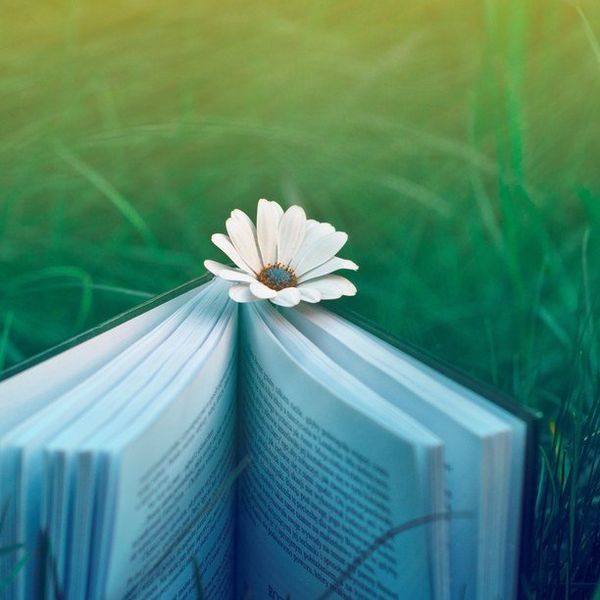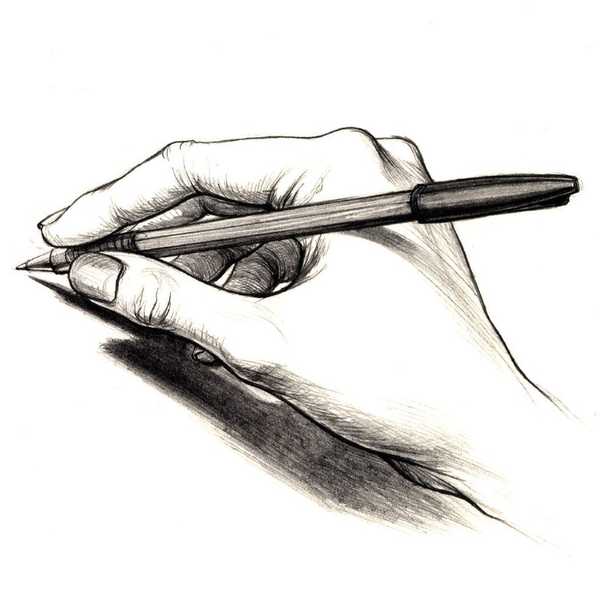Poetry is an art form that has survived for thousands and thousands of years. We study it in school and we hear quotes from poems scattered thorughout our life. But do we ever truly make meaning of it? Does it even matter? My answer to you is yes it does. Reading poetry and or writing poetry can drastically improve your life, because it has improved mine. In this article I will attempt to articulate why poetry is important to read and also to write
Reading Poetry
Poetry is one of the most powerful forms of writing because it takes the english language, a language we believe we know, and transforms it. Suddenly the words do not sound the same or mean the same. The pattern of the sentences sound new and melodious. It is truly another language exclusively for the writer and the reader. No poem can be read in the same way, because the words mean something different to each of us. For this reason, many find poetry and elusive art form. However, the issue in understanding poetry lies in how you read poetry. Reading it logically results in an overall comprehension, rigid and unchanging. However, reading it emotionally allows the nuances and paradoxes to enter our understanding. Anyone who writes poetry can attest, you have to write it with an open heart. So as a reader, we must do the same. All poems are insights into the most intimate inner workings of the writer's mind and soul. To read it coldly and rationally would be shutting the door on the relationship that the writer is attempting to forge with you. Opening your heart to poetry is the only way to get fulfillment from it.
If you imagine poetry as a journey, you must be willing to trust the writer to guide you. Unwilling readers will never experience every part of the adventure in the same way open minded readers do. The journey may be filled with dead ends and suffering or endless joy and happiness. And still, you go. You pick up the poem, you read, you listen, and you feel.
In our culture we are experiencing a crisis where American people are the unhappiest people in the world statistically. How do we solve this? I answer: Mindfullness, gratitude, and poetry.
Writing Poetry
From a writer’s perspective, writing poetry can be equally elusive as reading poetry. When I first started writing poetry, the advice I always heard was practice, find your voice, keep a journal. I did all these things but still my poems were flat and inert. What was I missing? I poured over poems by Angelou, Shakespeare, Austen, and Wilde looking for a pattern, something I could emulate. This was the problem. I was unwilling to open my heart. I thought poetry could be a mask I could craft. But no matter how beautiful I made it, it would never come to life. It would never fit on another person’s face. It did not eve fit on mine.
My first poem that came alive was written in the dark late at night. I was lying in bed and I felt something stifling me. I could not sleep. I let the thoughts stew in my head until they could not remain locked away forever. I reached for my journal and I wrote.
Vulnerability was the key. Poetry is about expressing those thoughts and feelings we keep the most suppressed. We must be honest with ourselves about what we feel in order to write anything worth reading. It’s stopping and grabbing a thought by the tail and pulling it up into our conscious mind. It’s trying to express the beauty, and wonder we see. It’s about connecting our hearts and our minds to ourselves and our surroundings. It’s about finding peace.
Poetry is perhaps a more effective stress relief than working out or meditating because it forces you to express your feelings through words, which helps you not only understand your feelings but also communicate them more effectively. Furthermore, it is a skill that will remain in use for your entire life no matter what you end up doing professionally.
So reach for the pen, and let go of those things that have been burdening your freedom. Read poetry with your heart and let it affect you. The answer to our questions about the meaning of life, and the purpose of pain were written in poems. They have always been there.




















